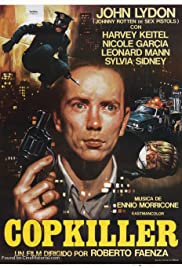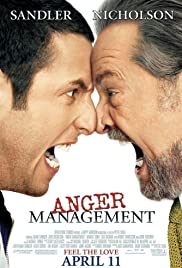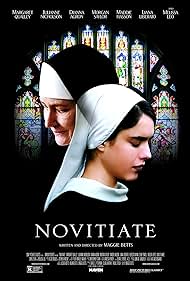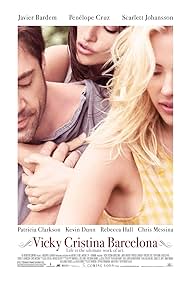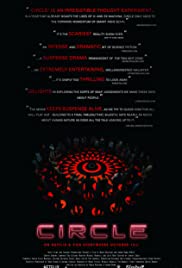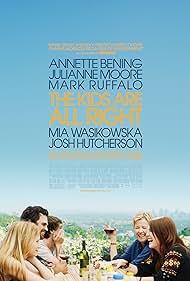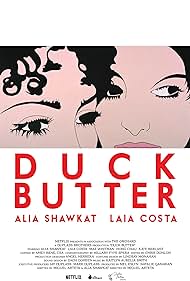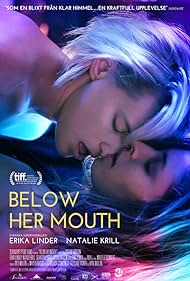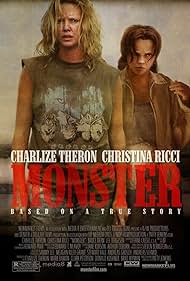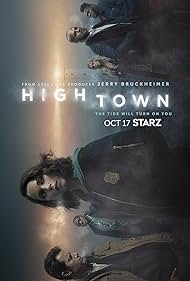The Celluloid Closet Soundtrack (1995)

Buy on Amazon Play and download Soundtracks
El celuloide oculto
Lo schermo velato
The Celluloid Closet
Synopsis
The history of the portrayals of homosexuals in the movies, especially mainstream ones widely distributed in the United States, is presented, this topic important as movies were and are how audiences, the general public, heterosexual or homosexual, often learned about societal mores and norms. It has only been quite recent that homosexual characters could be the stars, they more often on the fringes. While such portrayals were more open in the early stages of movie making, they became more coded - the terms gay or lesbian never used - starting in what is considered the Golden Age of Hollywood, especially with the onset of the Hays Code and the Legion of Decency in the 1930s. In filling gender stereotypes, the gay male was the harmless effeminate - a source of humor - in making straight men more masculine and straight women more feminine, while lesbians, in their masculinity, were more sinister characters.
As the restrictions through the Code and by the Legion became more relaxed, homosexual characters, now more openly so, became the unhappy, self-loathing, tragic figure that needed to meet a gruesome end, except when the homosexual nature was done in subtext. The character of the homosexual victim, a decade or so later, became the character of the societal menace. The more diverse characterizations over the past 10 to 15 years are discussed, as is the acceptance of general audiences to see two women being affectionate with each other compared to two men.
Download and play the Soundtrack list
| Play | Title | Artist |
|---|---|---|
|
The Celluloid Closet
|
||
|
The Song from Advise and Consent
|
|
|
|
Secret Love
|
|
|
|
Advise and Consent (Main Theme)
|
||
|
Ain't There Anyone Here for Love?
|
Hoagy Carmichael:
Writer
|
|
|
Goin' to Heaven on a Mule
|
|
|
|
Heat of the Moment
|
||
|
(Love Is Like a) Heatwave
|
|
|
|
Heaven
|
David Byrne:
Writer
|
|
|
Hot Lips
|
||
|
It Couldn't Please Me More
|
|
|
|
Let's Knock Knees
|
|
|
|
Little Brown Jug
|
|
|
|
Streets of Philadelphia
|
|
|
|
Secret Love (Reprise)
|
|
|
|
Get Happy
|
|
|
|
Flower Duet ( Sous le dôme épais) from Lakme
|
|
|
|
Heat Wave (Love Is Like A)
|
||
|
I May Be Wrong (But I Think You're Wonderful)
|
Henry Sullivan:
Writer
|
|
